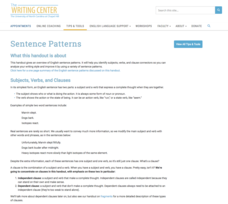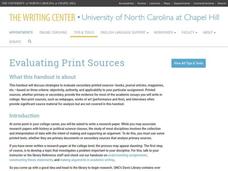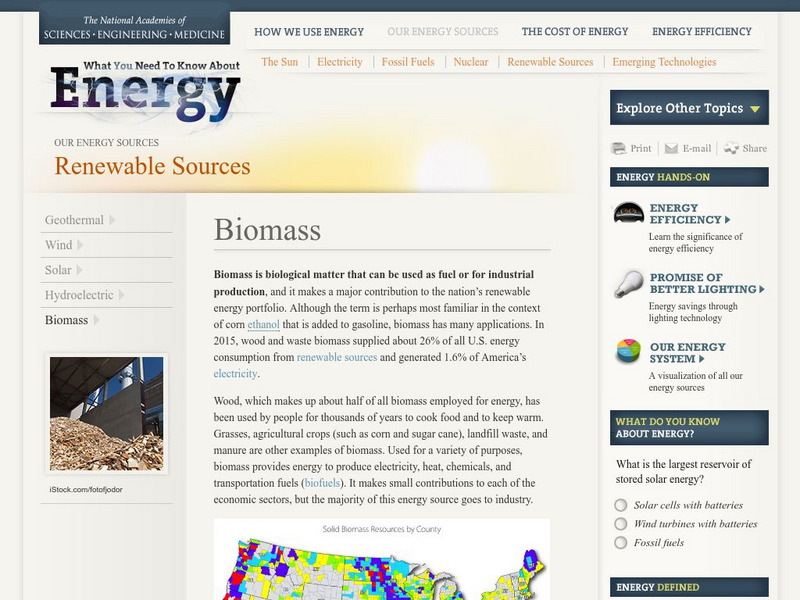University of North Carolina
Annotated Bibliographies
When researchers write a paper, they become curators of information. It's their job to determine the best sources of information on a topic and use those sources to inform their writing. As part of a larger series, a handout on annotated...
University of North Carolina
Commas
Every time you pause while reading, you should insert a comma, right? Not necessarily. Using a comma to indicate a pause is just one of the myths addressed in a handout related to the pesky punctuation mark. After reviewing common...
University of North Carolina
Sentence Patterns
In an ideal world, sentences in a college-level essay should feature a variety of sentence types. In reality, most papers stick to simple and compound sentences, two of the types a handout on sentence patterns discusses. Part of a larger...
Judicial Learning Center
The Constitution and Rights
What's the right way to teach young historians about the Bill of Rights? Many an instructor has asked this question when pondering lesson plans over the US Constitution. The Constitution and Rights is a nifty resource that provides a...
University of North Carolina
Evaluating Print Sources
Not all sources are created equal, so how do you evaluate them? Writers learn how to evaluate print sources based on elements such as audience, tone, and argument in the sixth handout of 24 in the Writing the Paper series from the...
PBS
Pbs Learning Media: Between the Lions Early Reading: Look It Up
In this video segment from Between the Lions, the song "Look It Up" illustrates how words and images can provide important information. It combines an upbeat tune with kid-friendly images to motivate children to use reference materials....
Other
American Mathematical Society: Mathematical Moments
Use this resource to promote an awareness of mathematics as it occurs in nature, science, technology and human culture. This series of articles and podcasts can be used as teaching resources.
National Academies of Sciences, Engineering, and Medicine
The National Academies: Renewable Sources: Biomass
The pros and cons of harnessing energy from biomass are outlined. Biomass refers to biological materials that are used to produce energy. Wood and manure are examples of biomass.







